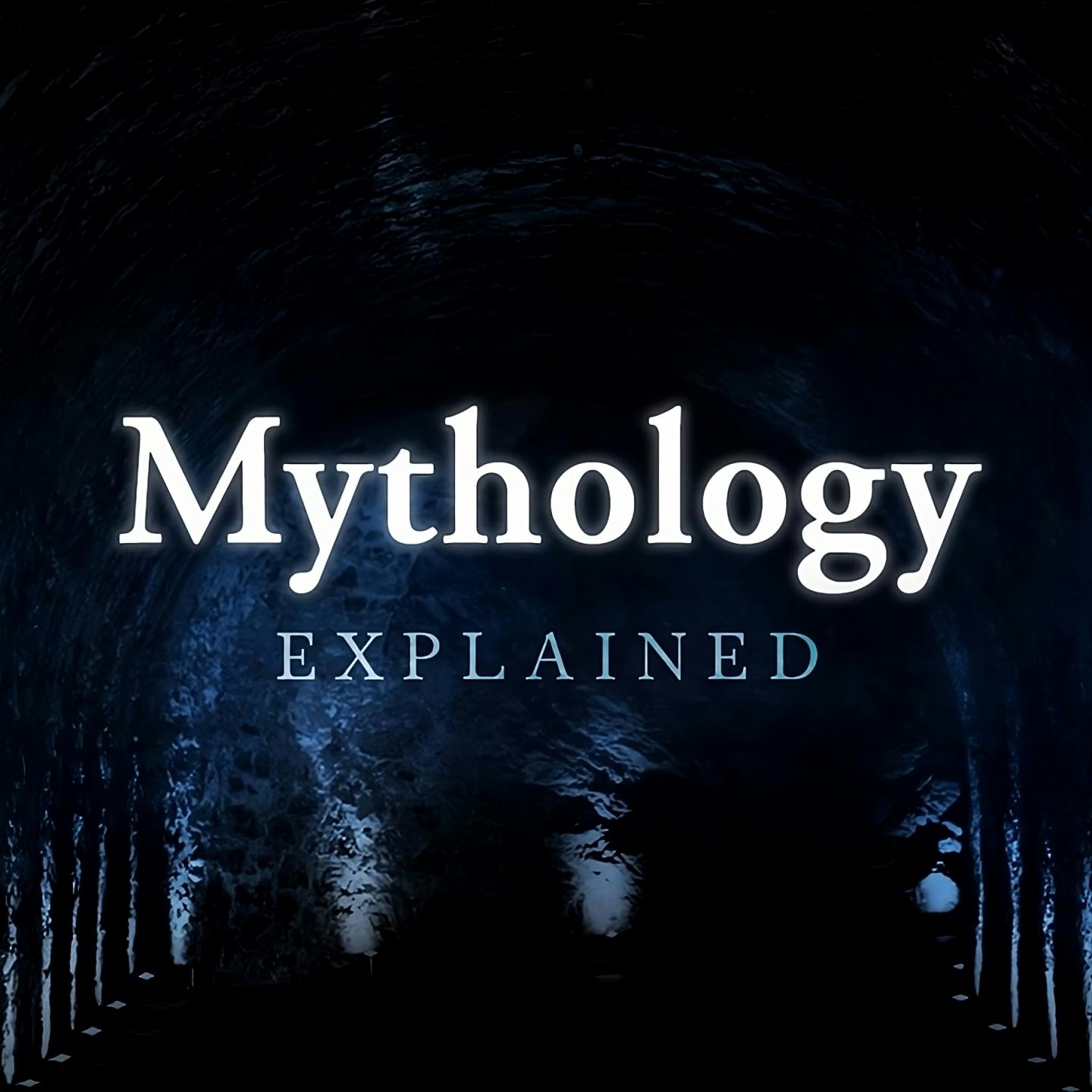
Who Were the Most Powerful Sea MONSTERS in Greek Mythology - Greek Mythology Explained

Mythology Explained
Shownotes Transcript
Hey everyone, welcome to Mythology Explained. In today's video, we're going to discuss, in no particular order, five of the most powerful sea monsters in Greek mythology.Before we jump into our first entry, I'd like to quickly preface with a short disclaimer, which is that neither the Hippokampoi, half-horse, half-fish creatures, nor the Ichthyocentaurs, centaurs with lobster claws and fish tails, are going to feature on this list. So, apologies in advance if you were hoping for a spotlight on either of those. This video is going to focus on the variety bent on shedding blood and extinguishing life. Let's get into it.Starting us off are the Sirens.The Sirens were female monsters of hybrid appearance, possessing human heads and the bodies of giant birds. Other descriptions gave them human arms that played musical instruments. They were originally the handmaidens of the goddess Persephone, but when she was abducted by Hades, Demeter gave them bird bodies so that they could cover more ground in the search. The sirens' song was so beautiful and enchanting that it utterly bewitched and entranced any who heard it, so that those caught in its spell could not see the thorns beneath the petals. Sailors brought their ships ever closer, desperate to hear the song as loudly and clearly as possible, but their minds were so taken that the jagged rocks their ships rapidly approached went unnoticed. Ultimately, sailors were reduced to bloated corpses, and ships were reduced to sunken wrecks that littered the ocean floor. The two most famous encounters with the Sirens were Jason and the Argonauts and Odysseus and his crew. Orpheus saved the first group by drowning out the siren's song with his own music, and Odysseus survived by lashing himself to the mast and having his crew plug their ears with beeswax. Next we have Cetus.Sired by the sea god Phorkys, Cetus was the sea-monster sent by Poseidon to bring death and destruction to the land of Troy after King Laomedon reneged on his promise to pay Poseidon, who worked at building the walls of Troy for an entire year. An oracle revealed that the only way Laomedon could extricate his kingdom from the plight his avarice and lack of integrity embroiled it in was by chaining his daughter to a cliff and sacrificing her to the monster. Fortunately, she didn't end up dying, for a bargain was struck in which Hercules agreed to kill the monster in exchange for Laomedon's immortal horses. But again, true to form, Laomedon reneged on his promise, giving nothing after his daughter was saved. This second slight would be tantamount to signing his own death warrant, though, for it was not wise to make yourself an enemy of Hercules, who delivered the King's comeuppance when he returned with six ships, sacked Troy, and killed Laomedon.